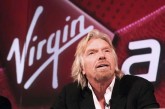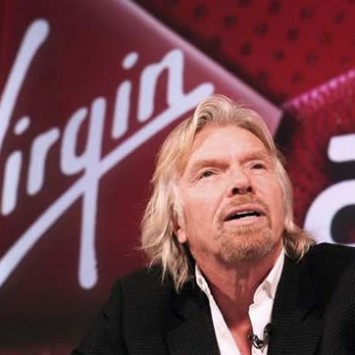Is Your Culture A Strategic Differentiator?

Regular readers of this blog will know how passionately I feel about the business of brand building. And how building brands is more than an exercise in communications, distribution, pricing and doing some bemusing stuff in social media.
The strongest brands have a clear purpose and direction. A unifying call to arms that motivates employees to say “hell yeah, I work for company XYZ” and has customers go “I believe the same thing about the world, which is why I chose brand XYZ over the alternatives”
Daily we’re deluged by inspiring stories (Thanks Fast Company and Inc) of corporate cultures like Zappos, Google, Southwest and Patagonia where you can almost feel the power of those motivated employees dripping from the page. (Too much?? Okay maybe)
Additionally case studies abound of how to ensure consistent service delivery from your frontline employees. With nothing more than a browser, you can glean insights of how Singapore Airlines trains their world famous flight staff or how Zappos reinforces their corporate culture with ease.
What organizations seem to forget is that everyone in the organization is a manifestation of the brand.
Sure its great that a WalMart greeter has a warm and welcoming smile and the call center lady at Virgin Atlantic is helpful, warm and bubbly but what about Bill in Finance? Or Simone in Marketing? And Craig in Enterprise Sales?
In the past month three separate friends have told me personal horror stories about head office colleagues who’ve gotten promoted and been given big raises despite being universally viewed as political, unethical or just mean people.
Political. Unethical. Mean.
Would you buy a brand that exemplified those attributes?
Would you join a company that did?
Would you stay at a company that promotes those attributes?
The reasoning most often given for the raises and promotions??
“They were delivering the numbers”
<insert rant about quarterly driven publically traded companies here>
The example I most often cite is Jack Welch, former CEO of GE, in these situations.
He had a very clear opinion on the importance of numbers versus culture. So simple it was a four grid matrix (gotta love management consultancy folks and their matrices)
It looked like this;
I’m sure you can guess what happened to folks in the quadrants on the left.
It’s the folks in the quadrant on the right that are more interesting to me. And should be to anyone who says that their culture is their brand.
Poor Numbers/Great Culture – Give them another chance. It might be a personal problem at home. An incorrect fit of skills and current assignment. It could be timing and a need for training.
Great Numbers/Poor Culture – in his words, this is the “horse’s ass” folks. Get rid of them. These are the folks that will destroy your business and your brand.
There is a deeper analysis of Welch’s opinon here – and what he called “public hangings” – which makes for great reading.
My point is simple.
Brands, business and culture are inextricably linked. The strongest brands know how pivotal the culture piece is. There is probably no more sustainable competitive advantage than highly-motivated, empowered and passionately committed employees.
But the culture part has to be applicable to all…or its applicable to none.
Just as brands send very clear signals by the way they act in the marketplace, organizations send very clear signals by what they condone and promote.
To build your strongest brand, are you prepared to make the equally tough choices of building your strongest culture?
I make no claims to be a HR executive but I can’t abide by organizations that proclaim a desire for building a strong culture and then don’t make the tough choices with their people.
Weigh in folks. I’m very keen on your opinions here.














